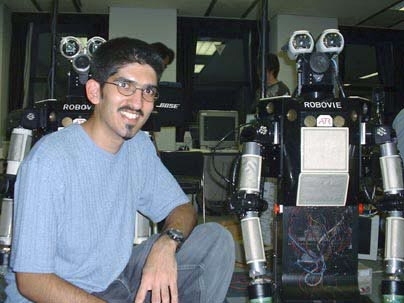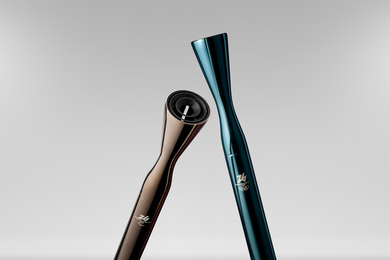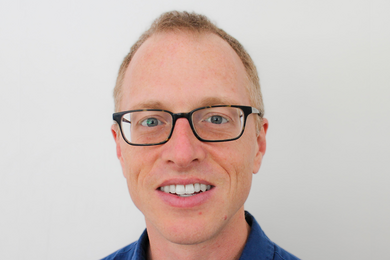This summer, the MIT International Science and Technology Initiatives (MISTI) will again be sending students abroad to get hands-on experience in how science is created and applied worldwide. About 200 students will fan out to seven countries on three continents.
"I will be spending my summer in Munich, working with the autonomous intelligent systems group at Siemens Corporate Technology," said Gireeja Ranade, a sophomore in EECS who is going abroad through the MIT-Germany Program. "In addition to the technical thrill, what is most exciting for me is that I will be sharing a flat with three German artists, two musicians and an actress, in a more alternative part of the city. I'll be able to explore Munich and the culture from a perspective I never would have gained on my own."
More than 40 students will be heading to Germany, most of them working in such companies as BMW, Bosch, Lufthansa, Porsche and Siemens. Others will engage in research.
"I will help design, build and test a new biomedical device for the treatment of hydrocephalus, a disorder where excess cerebrospinal fluid causes elevated brain pressure and mental dysfunction," said Spencer Szczesny, a recent M.S. in mechanical engineering who will work as a research assistant within the Helmholtz Institute for Biomedical Technology at RWTH Aachen University.
MISTI offers intensive three- to 12-month internships as well as study abroad opportunities, so undergraduate and graduate students from all fields can access advances in science and technology elsewhere in the world. MISTI students take intensive language and culture courses and participate in various cross-cultural retreats before their departure. MISTI has country programs in China, France, Germany, India, Italy, Japan, Mexico and Singapore.
The MIT-Italy Program will be sending a dozen interns to a variety of research centers and companies. Terry Gaige, a 2004 graduate who will return to MIT as a graduate student in September, is completing his internship at the Citta' dell'Arte, a foundation created by internationally renowned artist Michelangelo Pistoletto. Gaige has been working on alternative transportation possibilities, especially airships for passenger transportation, and the use of ethanol in reformulated gasoline.
MIT-France Program interns will do research at the famous Institut Pasteur and Institut Curie in Paris or work at companies such as Air Liquide and Renault.
In Asia, MIT-China's pilot OpenCourseWare project, launched last summer at Qinghai University, has been expanded to include four teams introducing OCW and MIT iCampus subjects at Tsinghua, Xi'an Jiaotong and Qinghai Universities and at Dalian University of Technology. Team member Salvatore Scaturro said, "I am certain that OCW will change the face of education around the world. It has already begun to do so."
More than 30 students will work at national and multinational companies across Japan thanks to the MIT-Japan Program. The program is also planning a weekend trip to Kyoto, where interns will get a glimpse of ancient Japanese arts and culture.
Of the 24 students going with the MIT-India Program this year, seven are graduate students working at premier research and educational institutes such as the Indian Institute of Technology in Madras. Others will be doing internships at such corporations as Hikal Pharmaceuticals and DaimlerChrysler. For the first time, some students will also work in health care and education.
MISTI's newly launched MIT-Mexico Program arranged internships for some of its first 11 students at Banco de México, the Comision Federal de Electricidad, Metalsa and Macimex. Some students will do research at the U.S.-Mexico Foundation for Science, and at the prestigious Tecnologico de Monterrey.
For more information, visit web.mit.edu/misti.
A version of this article appeared in MIT Tech Talk on June 1, 2005 (download PDF).






